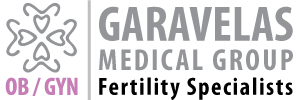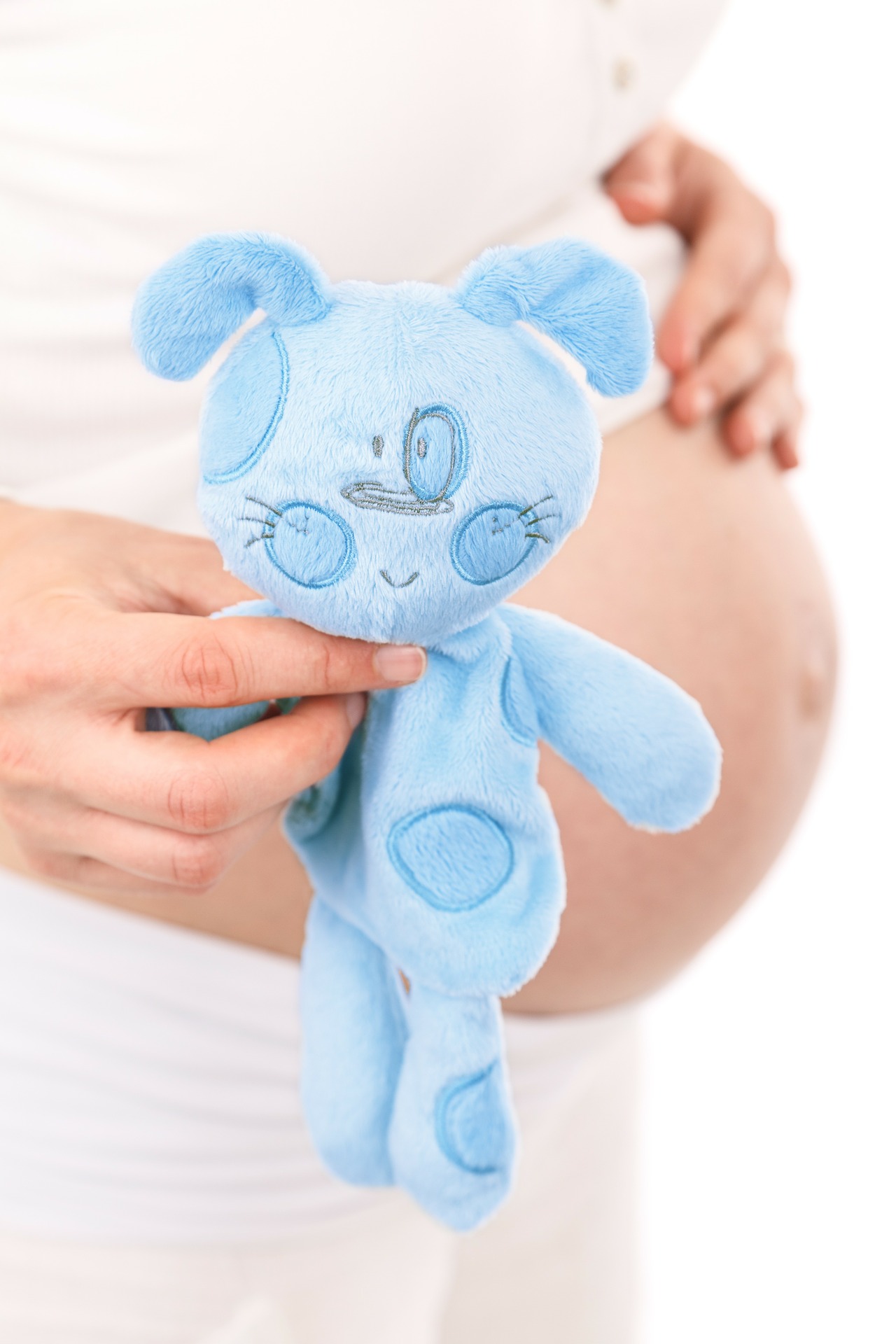KIR and HLA-C genotyping allows determining whether there is a good compatibility between KIR uterine receptors and the “foreign” HLA-C presented by the embryo. If so, the process of maternal-foetal tolerance will develop correctly and the pregnancy will evolve without complications.
Otherwise, if this compatibility between the embryonic HLA-C and KIR uterine receptors does not exist, the process of embryonic acceptance, and the pregnancy, will be compromised.
Even when both members of the couple are healthy and fertile, immunological incompatibilities may affect essential reproductive processes which, ultimately, may result in complications and miscarriage during pregnancy.
The KIR-HLAC genotyping test enables us to:
- Identify the cause of recurrent miscarriages and implantation failure.
- Decide the optimal number of embryos to transfer.
- Prevent possible complications during pregnancy.
- Choose a compatible donor for the future pregnant woman, in both, oocyte and sperm donation cases.
How is the KIR-HLAC genotyping test performed?
KIR-HLAC genotyping is performed on the couple’s DNA, therefore, a blood sample from each member of the couple is required. Blood samples are shipped to our laboratory where we extract the genetic material and carry out genotyping. In cases of oocyte or sperm donation, donor HLA-C genotyping is required.
Based on the test results, we can make an accurate diagnosis and decide on the most suitable treatment for the couple.
What if a couple is KIR-HLAC incompatible?
In the field of fertility, immunological incompatibilities may affect reproductive processes which, ultimately, may result in implantation failure, recurrent miscarriages and preeclampsia. When the combination of maternal KIR and HLA-C of the future embryo is incompatible, the following aspects should be taken into consideration:
- One option is to transfer a single embryo. This avoids exposing the mother to a double load of incompatible HLA-C.
- Immunomodulatory treatment can also be prescribed to the expectant mother.
- In cases of oocyte or sperm donation, donor HLA-C genotype and maternal KIR matching is recommended to ensure maternal-foetal compatibility.

